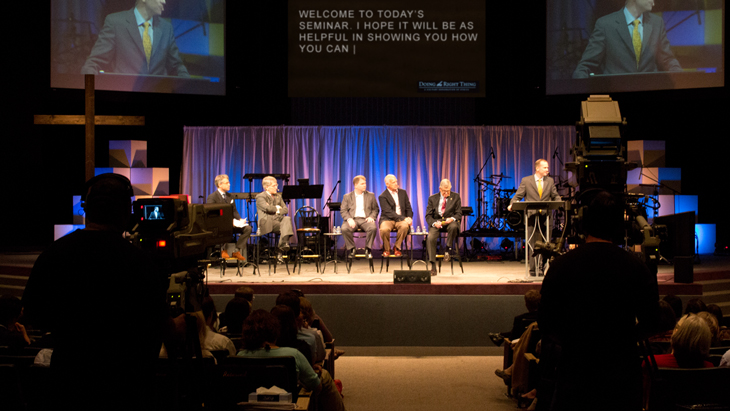The Evolving Role of Closed Captions Beyond TV and Streaming
The conversation surrounding closed captions has traditionally focused on television and, more recently, Internet-based video services.
However, the need for accessibility at live entertainment events often goes overlooked.
Live Event Captioning in Athletic Stadiums
A great example of the importance of live event closed captioning is evident in the athletic stadium experience.
These venues use media elements such as musical performances, videos, highlight replays, and public address announcements to enhance the overall atmosphere.
Why Accessibility Matters at Live Events
Just as media on television or the Internet must be accessible to all, live events must cater to everyone in attendance, including those who are hard-of-hearing.
Equal access is essential for creating an inclusive experience.
Legal Requirements and the ADA Framework
Fortunately, there is a growing trend of stadiums incorporating live captions on video screens and scoreboards.
Legal actions under the Americans with Disabilities Act (ADA) have led many professional sports teams and universities to improve accessibility by adding captions.
Beyond Legal Obligations: Voluntary Captioning Efforts
In addition to legally required changes, many stadiums and arenas now voluntarily include live event captioning for music, public address announcements, and other elements.
These initiatives highlight a shift towards prioritizing accessibility for all attendees.
The Future of Live Event Captioning
While lawsuits have driven some improvements, many organizations are choosing to implement captions proactively, not just out of obligation but for the sake of inclusivity.
Encouraging Broader Adoption
One can only hope that more venues adopt live event captioning for equal access.
This growing trend ensures that everyone, regardless of hearing ability, can fully enjoy the live experience.
Final Thoughts on Expanding Accessibility
As closed captions expand beyond television and online platforms, consider where else accessibility could improve.
How can live event captioning transform other areas of entertainment and public engagement?

Ryan Hawthorne
Ryan is the Operations Manager and the reason we can brag about the quality of our captions. He isn’t shy of high standards or quick turnarounds. He makes sure your project looks perfect every step of the way. When Ryan isn’t captioning, he’s spending time with his family as a new father.


